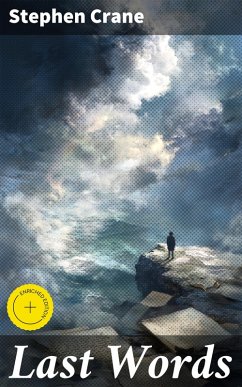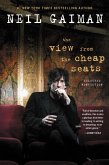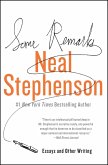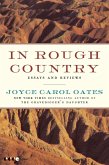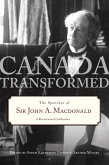Stephen Crane's "Last Words" is a poignant collection of unfinished works and reflections that reveals the author's striking concerns with mortality, isolation, and the human condition. Crane's signature naturalistic style is evident throughout, employing vivid imagery and psychological depth to portray the struggles of individuals confronting existential dilemmas. The manuscript, published posthumously, also encapsulates the transitional literary context of the late 19th century, where realism and impressionism began to intertwine, illustrating Crane's role in the evolution of American literature. Crane, widely recognized for his groundbreaking novel "The Red Badge of Courage," also faced his own battles with health and existential uncertainty, experiences that deeply influenced his writing. Born in 1871, Crane's short life was marked by literary innovation and an unrelenting quest for meaning in a chaotic world. His fascination with life's fragility undoubtedly led him to explore themes of mortality and introspection in "Last Words," raising profound questions about existence that resonate with readers. "Last Words" is a must-read for those who appreciate the depth of human emotion and the complexities of life. Crane'Äôs unfinished sketches offer a rare glimpse into a mind grappling with its own ephemerality, making this work not just a literary artifact, but a universal meditation on the fleeting nature of our existence. Readers will undoubtedly find themselves enriched by the depth of Crane's introspection and the lyrical beauty of his language.
Dieser Download kann aus rechtlichen Gründen nur mit Rechnungsadresse in A, B, BG, CY, CZ, D, DK, EW, E, FIN, F, GR, H, IRL, I, LT, L, LR, M, NL, PL, P, R, S, SLO, SK ausgeliefert werden.

